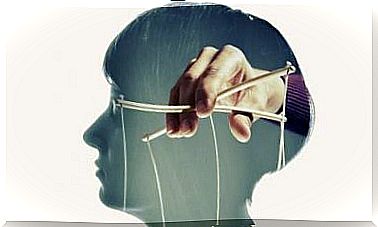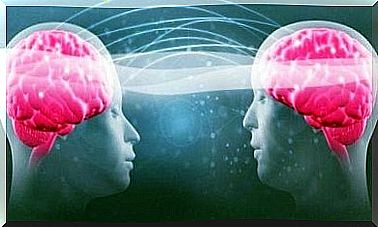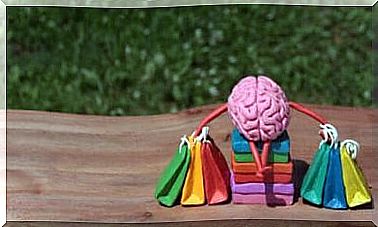What Is Experimental Psychology?
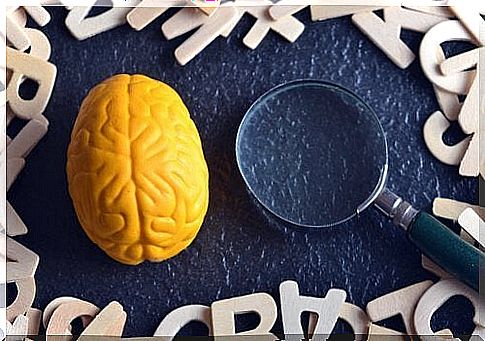
Experimental psychology focuses on scientific research and experiments to thoroughly study the relationship between human behavior and the brain.
To reach an accurate and certain conclusion, researchers often use different scientific methods. This is what experimental psychology focuses on in particular. Experimental psychology explores basic concepts such as memory and motivation in areas of psychology for children, socially and in the context of education.
Almost all experimental psychological work is performed in a controlled environment just like research laboratories. Experimental psychology manipulates the variables of research to find out connections between cognition and behavior.
While in other branches of psychology one strives to understand human behavior and thought activity, experimental psychology focuses on performing controlled experiments with concrete variables, test subjects, and statistical results.
The beginning of experimental psychology
For many, Charles Darwin and his work on the Origin of Species started the field of experimental psychology. On the one hand, there is no doubt that Darwin’s revolutionary theory aroused interest in the relationship between biology and psychology. In the early 1900s, psychologists began to use science to analyze and explain the human mind.
But functionalist theories replaced people’s inaccurate thinking about the human mind as a machine. William James, for example, the father of American psychology, was strongly influenced by evolutionary biology. He spoke warmly for the idea that the mind is naturally adaptive, sensitive and intelligent.
In the end, it was behaviorism and other branches of modern psychology that contributed to what we know today as experimental psychology.
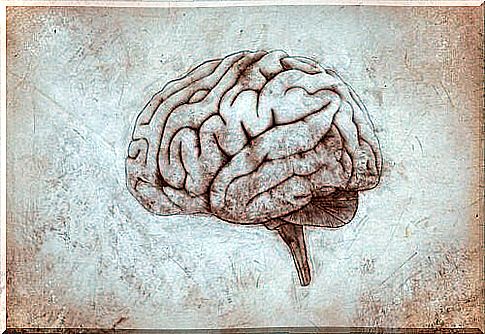
What do experimental psychologists do?
Experimental psychology tries to study behavior and the various processes and functions that support it. They test people to understand and learn about the various topics such as perception, memory, sensations, learning, motivation and emotions.
For these psychological experiments to be credible, they must adhere to four fundamental principles:
- Determinism: Experimental psychologists, like most scientists, accept the concept of determinism. It refers to the assumption that the state of an object or event is determined by a previous state. In other words, cause and effect usually come from behavioral or mental phenomena. If a phenomenon is generally and broadly confirmed, one can say it is a “law.” Psychological theories serve to organize and integrate laws.
- Empiricism: Knowledge comes especially from experiments related to the senses. Therefore, the only thing we can study is that which is observable. The concept of empiricism requires that there be a contrast between hypothesis and theories with observations in the natural world and not with previous justifications, intuitions or revelations.
- Parsimoni: It is a search for simplicity. According to this principle, research must be carried out in the simplest way theoretically. If we have two conflicting theories, we prefer the most parsimonious or most basic.
- Probability: According to this principle, hypotheses and theories must be able to be tested over time. Scientists consider a theory to be meaningless if they cannot prove it in some comprehensible way. Probability entails “evidence” which is the idea that a set of observations can prove that a theory is wrong.
We can also add operationalism to these definitions. This means that a concept is defined in terms of concrete and observable procedures. Experimental psychologists try to define immediate unobservable phenomena by associating them with observations and causes.
Reliability and validity
Reliability measures persistence, verification, and repetition of a study. If the researchers arrive at the same results through repetitions (either with new participants or over a different period of time), they can consider it to be reliable.
On the other hand, validity measures the relative precision and accuracy of the conclusions drawn over an experiment. It refers to the relative accuracy of psychological experiments. To determine the validity of a qualitative measurement, it must be compared with a criterion.
Here are some different types of validity:
- Internal validity: The experiment provides strong evidence for a causal relationship between two factors. An experiment with high internal validity reaches a conclusion that it is in fact the manipulation of the independent variable that is responsible for changes in the dependent variable.
- External validity: The experiment will give the same result if repeated with a different population.
- Constructed validity: The researchers find that the independent and the dependent variable are precise representatives of the abstract concept that is being studied.
- Conceptual validity: The hypothesis that is being tested supports the broader theory that the researchers are also investigating.

Concluding remarks on experimental psychology
Although many consider experimental psychology to be a branch of psychology, all fields of psychology use experimental methods.
For example, child psychologists use experimental methods to examine how people grow in childhood and through life.
Social psychologists, on the other hand, use experimental techniques to study the impact of groups on people. Health care psychologists are also experimenting to better understand the factors that contribute to well-being and illness.



